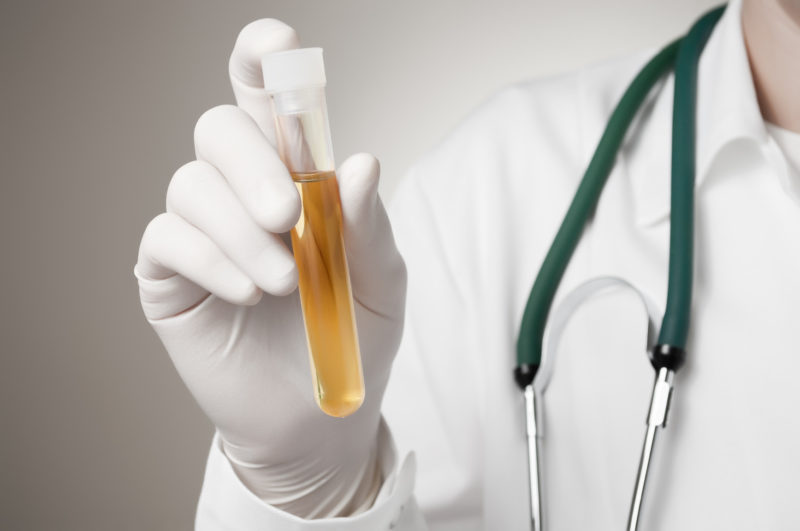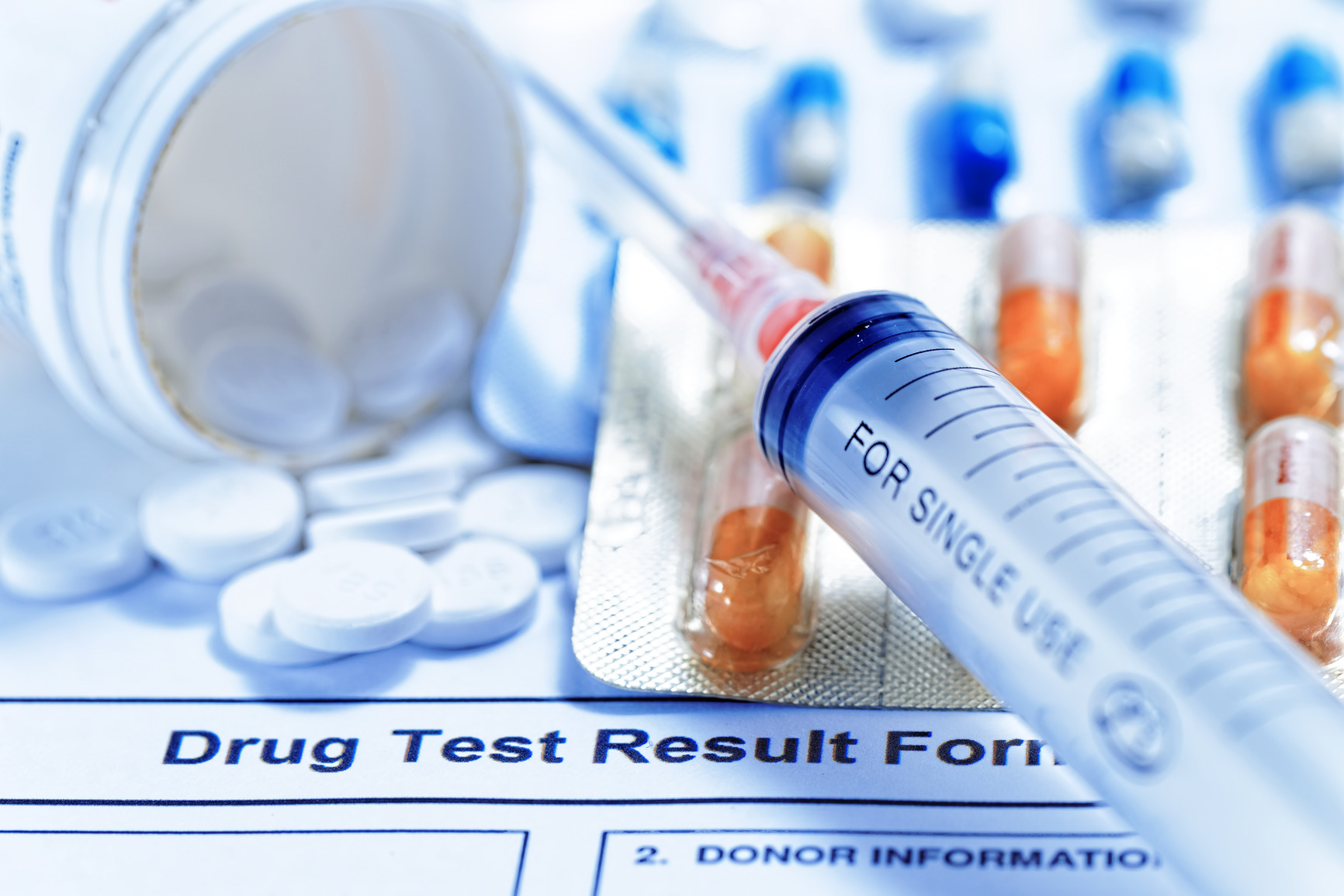The workplace has not been spared when it comes to the worrying trend of drug and substance abuse in the UK. Employees who are under the influence of drugs or alcohol pose a danger to themselves and others especially if they operate heavy machinery. This is why many employers are now introducing work place testing for drugs and alcohol. There is no clear guidance from the government or other bodies on how these tests should be carried out. This is simply because there are too many different situations that would have to be covered.
Guidelines on conducting drug tests
Although it’s not possible to come up with a set of guidelines that will work for every employer, here are a few that can help:
- The tests should be fair: If the drug tests are supposed to be random then they should be random and not focused on specific persons
- Review the contracts: Unless it’s stated in the contracts that the employees will have to submit to a drug test, they could simply refuse
- Give ample notice of when the tests will start
- Incidents of drug abuse should be properly documented just as in any other disciplinary issue. Having a system that provides support for treatment of addicted employees is also a good idea.
- There should be a well-documented procedure being followed during the screening and this document should be seen and signed by a doctor.
Drugs to Screen for
Knowing which drugs to screen for is one of the main challenges. Prevalence of certain drugs will vary depending on the region and the age group. This is why it’s a good idea to have a police liaison who can advise on what drugs you should be on the lookout for. Cannabis, opiates such as heroin, cocaine and amphetamines should always be included in the screening. Apart from these drugs, methadone, methamphetamine and other drugs can be added to the screening depending on the locale.
How to collect samples
Point of care testing (POCT) provides instant results and allows for a faster screening procedure. Urine and Saliva are the most commonly tested body substances and with these an accuracy of between 97 and 99 percent is expected. Testing of saliva is better since the person administering the test can actually see the sample being taken.
Should there be a result that is not negative, it is important that these results are confirmed in a laboratory. In the lab, the tests can be carried out to the necessary standards and certified. This can be very important should the case come up at an employment tribunal.
Who is authorised to carry out the test?
There are no special qualifications or training that is required for someone to administer a drug test in the workplace. The only important thing is that they should be able to follow the procedure needed to conduct the test. Suppliers of drug testing kits usually provide training on how they should be used and some have videos online to guide you.
Article Submitted on behalf of drugrehab-leeds.uk and alcoholrehab-leeds.uk









